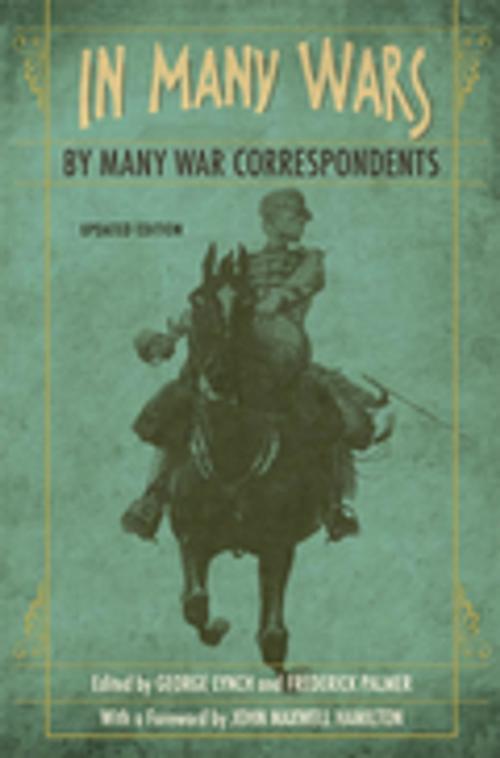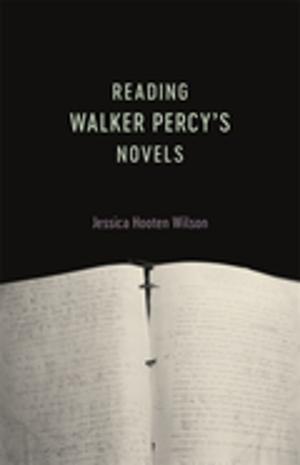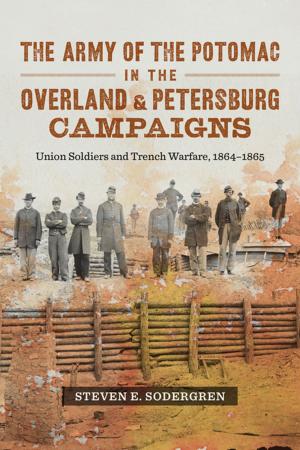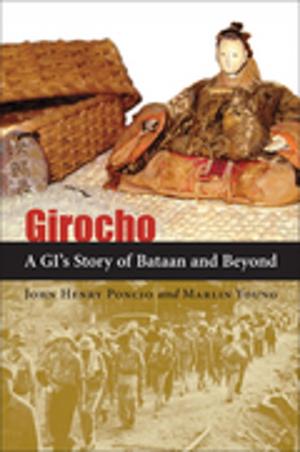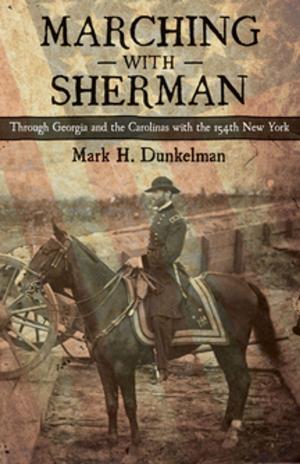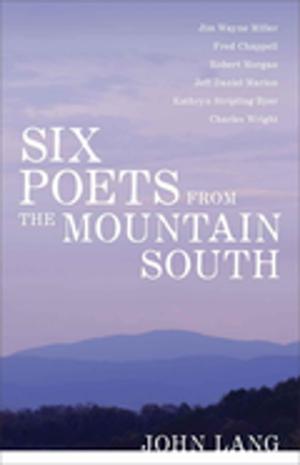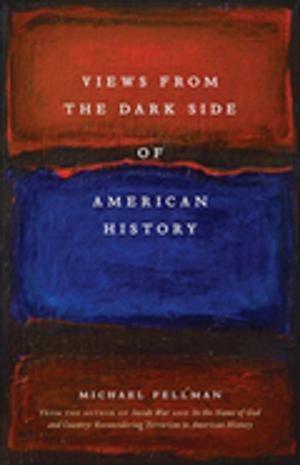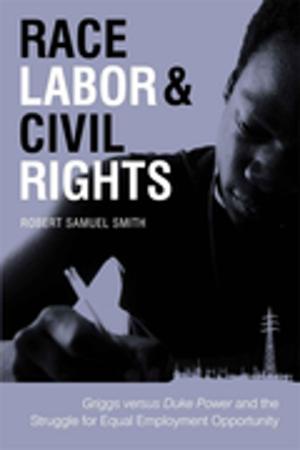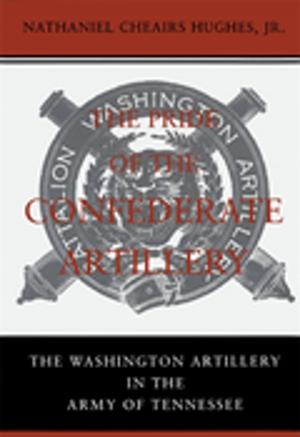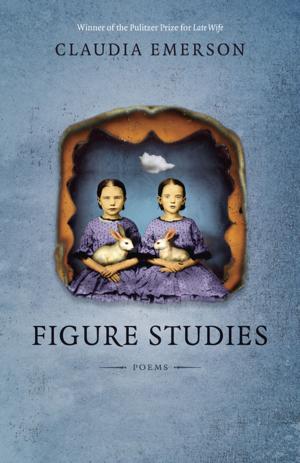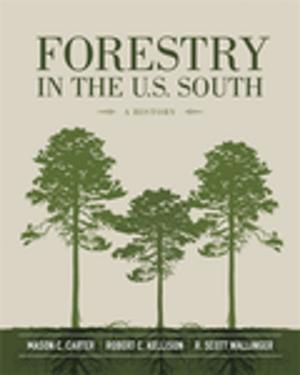In Many Wars, by Many War Correspondents
Nonfiction, Reference & Language, Language Arts, Journalism| Author: | ISBN: | 9780807137987 | |
| Publisher: | LSU Press | Publication: | October 1, 2010 |
| Imprint: | LSU Press | Language: | English |
| Author: | |
| ISBN: | 9780807137987 |
| Publisher: | LSU Press |
| Publication: | October 1, 2010 |
| Imprint: | LSU Press |
| Language: | English |
“There are few people in the world who have more opportunity for getting close to the hot interesting things of one’s time than the special correspondent of a great paper,” George Lynch, a veteran British correspondent, wrote in Impressions of a War Correspondent, published in 1903. He made it all sound glorious, just the way war correspondents like to recount their experiences on the battlefield. But in a few months he had less to exult about. Lynch and a distinguished throng of foreign correspondents with high hopes of a good story assembled in Tokyo to cover the Russo-Japanese War—a monumental conflict that would mark the first modern defeat of a Western force by an Asian one—only to discover that the authorities would not let them “close to the hot interesting things.” Corralled in the Imperial Hotel, the journalists had nothing much to do except tell stories in the bar and write about local flora. A few of them, including Jack London and Richard Harding Davis, decided to contribute short autobiographical stories recounting their most exciting journalistic experiences for a book to be edited by Lynch and his American colleague, Frederick Palmer. The correspondents told their tales in different ways—prose, poems, sketches, and even a short play. Their stories recounted their routines, failures, and triumphs, including durviving battles and waiting to see action. One contributor imagines bewhiskered correspondents in 1950 still awaiting permission from Japan to go to the front—only to learn the war had been over for thirty-nine years. Printed locally by a Japanese printer and largely forgotten until now, In Many Wars, by Many War Correspondents offers colorful stories and insights about the lives and personalities of some of history’s most celebrated war correspondents. With a foreword by John Maxwell Hamilton that chronicles the circumstances under which the contributors compiled the book, this new edition opens a window into the fascinating world of foreign newsgathering at the turn of the twentieth century.
“There are few people in the world who have more opportunity for getting close to the hot interesting things of one’s time than the special correspondent of a great paper,” George Lynch, a veteran British correspondent, wrote in Impressions of a War Correspondent, published in 1903. He made it all sound glorious, just the way war correspondents like to recount their experiences on the battlefield. But in a few months he had less to exult about. Lynch and a distinguished throng of foreign correspondents with high hopes of a good story assembled in Tokyo to cover the Russo-Japanese War—a monumental conflict that would mark the first modern defeat of a Western force by an Asian one—only to discover that the authorities would not let them “close to the hot interesting things.” Corralled in the Imperial Hotel, the journalists had nothing much to do except tell stories in the bar and write about local flora. A few of them, including Jack London and Richard Harding Davis, decided to contribute short autobiographical stories recounting their most exciting journalistic experiences for a book to be edited by Lynch and his American colleague, Frederick Palmer. The correspondents told their tales in different ways—prose, poems, sketches, and even a short play. Their stories recounted their routines, failures, and triumphs, including durviving battles and waiting to see action. One contributor imagines bewhiskered correspondents in 1950 still awaiting permission from Japan to go to the front—only to learn the war had been over for thirty-nine years. Printed locally by a Japanese printer and largely forgotten until now, In Many Wars, by Many War Correspondents offers colorful stories and insights about the lives and personalities of some of history’s most celebrated war correspondents. With a foreword by John Maxwell Hamilton that chronicles the circumstances under which the contributors compiled the book, this new edition opens a window into the fascinating world of foreign newsgathering at the turn of the twentieth century.
